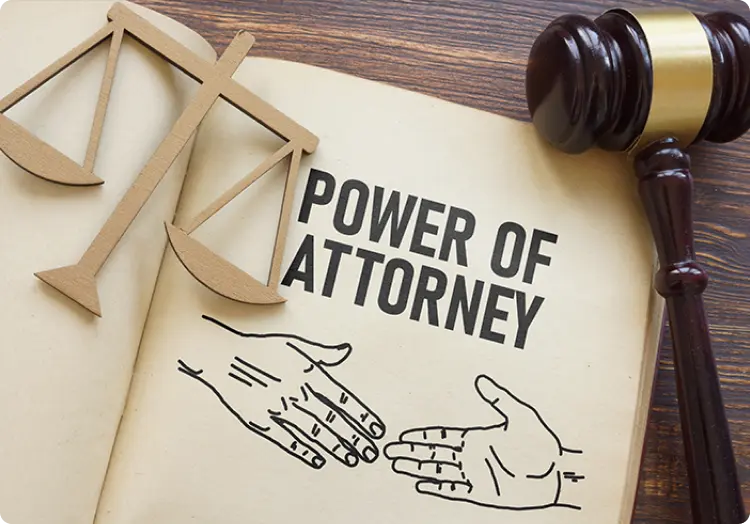If tax it the time of coronavirus taught us anything, it’s that tax professionals are indispensable.
On the heels of getting a handle on the 2017 tax reform changes, tax pros this filing season were handed even more jobs. They helped people understand COVID-19 economic relief payments, what tax tasks were delayed until when and the Paycheck Protection Program.
And now, just days after Tax Day 2020 finally came and went, another coronavirus stimulus package, no doubt with more tax implications, is in the works.
The bottom line is that tax help from a reputable tax pro is critical, in normal and decidedly abnormal tax years like 2020.
Picking, vetting your tax adviser: A tax pro gets an inside look at some of your most intimate fiscal and personal information. You depend on them to help you meet your tax obligations legally and in the least costly way possible.
So it’s crucial that you make the correct choice when choosing tax help. That isn’t always easy.
First you must determine which type of tax preparer fits your personal tax and financial needs. Once you decide that, you then must thoroughly check out that preparer to make sure that she or he is knowledgeable and trustworthy.
Most tax pros are honest and provide high-quality service. They work overtime to make sure they are on top of the tax laws and the intricacies that could benefit clients.
Sadly, though, there are bad actors in every profession. That means the tax profession has its share of unscrupulous return preparers. And these folks are part, once again, of the Internal Revenue Service’s annual Dirty Dozen threats to taxpayers.
Ghost tax preparers: Among the worst of corrupt tax pros are the so-called ghost preparers. These unprincipled preparers regularly expose their clients to potentially serious filing mistakes. When these crooked preparers are done, their victims face not only the loss of the tax refund they were counting on, but also possible tax fraud charges.
A key tip-off that you’re dealing with a ghost preparer is that they don’t sign the tax returns they prepare. They may print the tax return, leaving the tax preparer portion blank, and tell the taxpayer to sign and mail it to the IRS.
In e-filing cases, a ghost preparer will complete but not digitally sign as the paid preparer the electronic return.
By law, anyone who is paid to prepare or help complete a federal tax return, either on paper or electronically, must have a Preparer Tax Identification Number (PTIN). All paid preparers must include their PTINs on the returns they completed or provided help with and also sign those returns, whether paper or electronic.
This lack of identifiers is how these unscrupulous preparers earned their ghost monikers.
Frequent ghost targets: In addition to helping folks who find them, the IRS warns that ghost (and other unscrupulous) preparers also often target individuals who don’t have a filing requirement. They then promise these folks inflated refunds by claiming tax credits, such as education credits or the Earned Income Tax Credit (EITC), for which the individuals don’t qualify.
Such no-need-to-file folks got special attention this year because of COVID-19 economic relief payments. These folks were eligible for the stimulus amounts, but had to fill out a return so the IRS, which is charged with still distributing the money, knew where to send it.
These nonfilers, many of whom had not sent in a Form 1040 in years, were perfect prey for these bad tax pros.
Bad tax preparer warning signals: The bottom line, as noted earlier in this post, is that taxpayers need to be proactive in finding and vetting tax pros.
If you encounter one who promises you a big refund before looking at your personal tax records, don’t hire that person.
The same no-hire advice applies to a tax preparer whose fees are based on a percentage of your refund. That’s a signal that your filing might be fudged to create a bigger refund and bigger fee for the preparer.
Even after you’ve settled on a tax preparer, if that person asks you to sign a blank return, don’t. If they insist, walk away.
Remember, even if your tax preparer is a crook, you are the one who will pay. Taxpayers are ultimately responsible for the accuracy of their tax returns, regardless of who prepares it.
Note, too, that if you do fall victim to an abusive tax pro, you can report that bad tax preparer to the IRS.
12 on the tax big bad list: Also stay on alert for the other 11 Dirty Dozen tax scams and threats that made the IRS’ 2020 list. Remember that efforts to steal your money and/or tax identity occur year-round.
The full slate of bad tax actors and actions is:
- Ghost and other unscrupulous tax preparers
- COVID-19 economic relief payment or tax refund theft
- Phishing
- Fake charities
- IRS impersonators‘ threatening phone calls
- Social media scams
- Senior fraud
- Scams targeting non-English speakers
- Offer in Compromise mills
- Fake payments with repayment Demands
- Payroll and HR scams
- Ransomware
Several of the scams, like those perpetuated by unscrupulous preparers, are repeat offenders. Phishing, fake charities and the persistent threatening calls from crooks claiming to be with the IRS also are list returnees in 2020.
The links in the above numbered list go to some of my blog posts on those topics. You also can read more about each scam area in the IRS’ detailed release of this year’s Dirty Dozen.
Report all scams and attempts: As the inclusion of coronavirus-related scams on this year’s list shows, crooks are always evolving.
If you’ve been an identity theft or scam victim or even a near-victim, whether COVID-19 related or otherwise, let the IRS and other federal agencies monitoring such criminal activities know.
Tell the IRS about phishing attempts, especially unsolicited efforts to gather tax-related information, by forwarding the fake emails to phishing@irs.gov.
Report any COVID-19 schemes to the National Center for Disaster Fraud (NCDF). You can call the toll-free hotline at 1-866-720-5721 or fill out a the NCDF’s online complaint form.
You call can any tax-related fraud or theft to the Treasury Inspector General for Tax Administration (TIGTA). The best way to do that is with TIGTA’s online reporting option at its online scam page.
Finally, trust your instincts. Most of us know when something seems off. When it comes to most things in life, including taxes, offers that seem to be too good to be true usually end up not being true.












Recent Comments